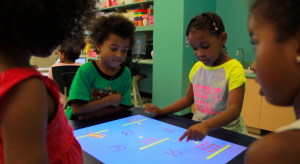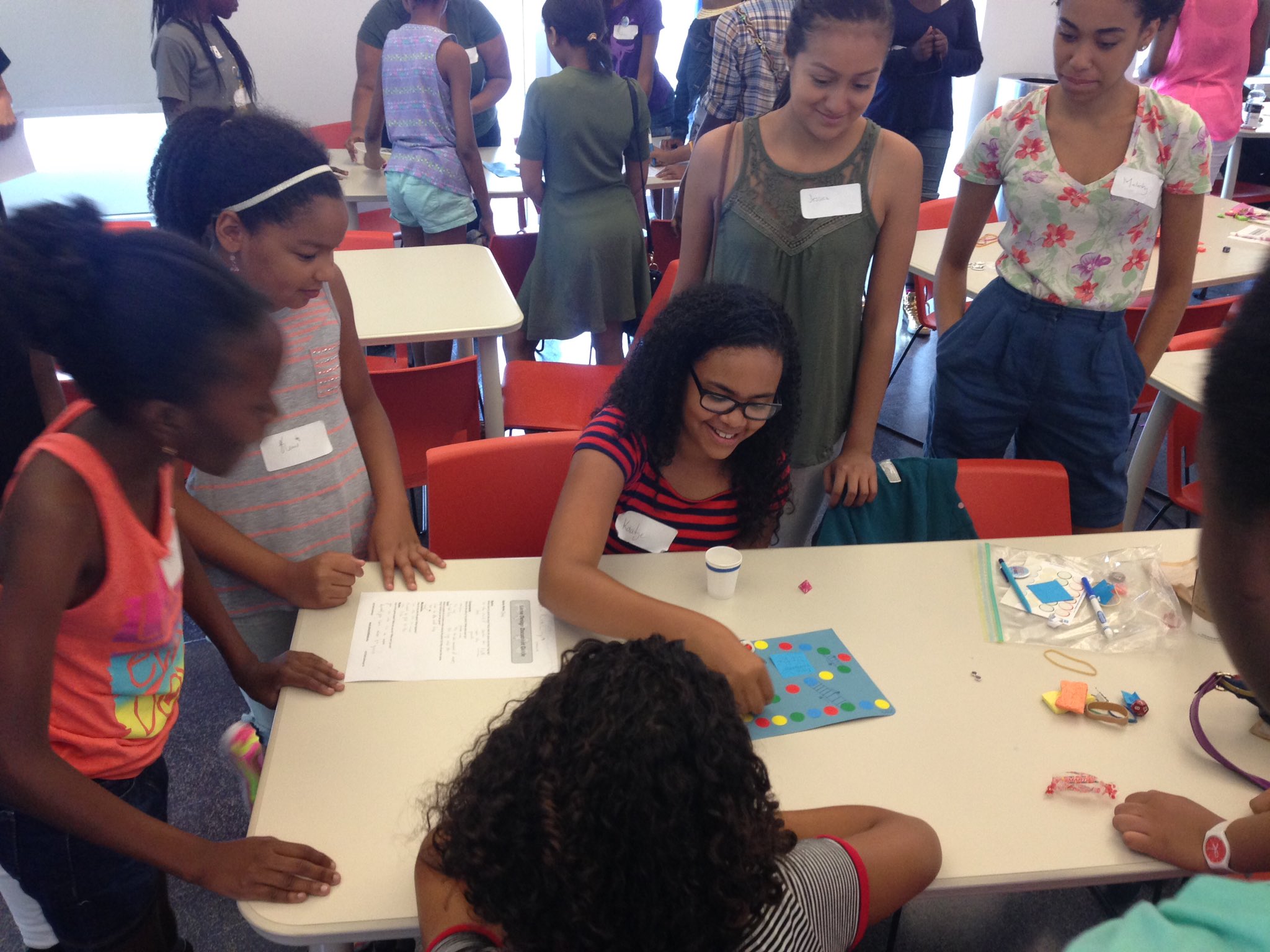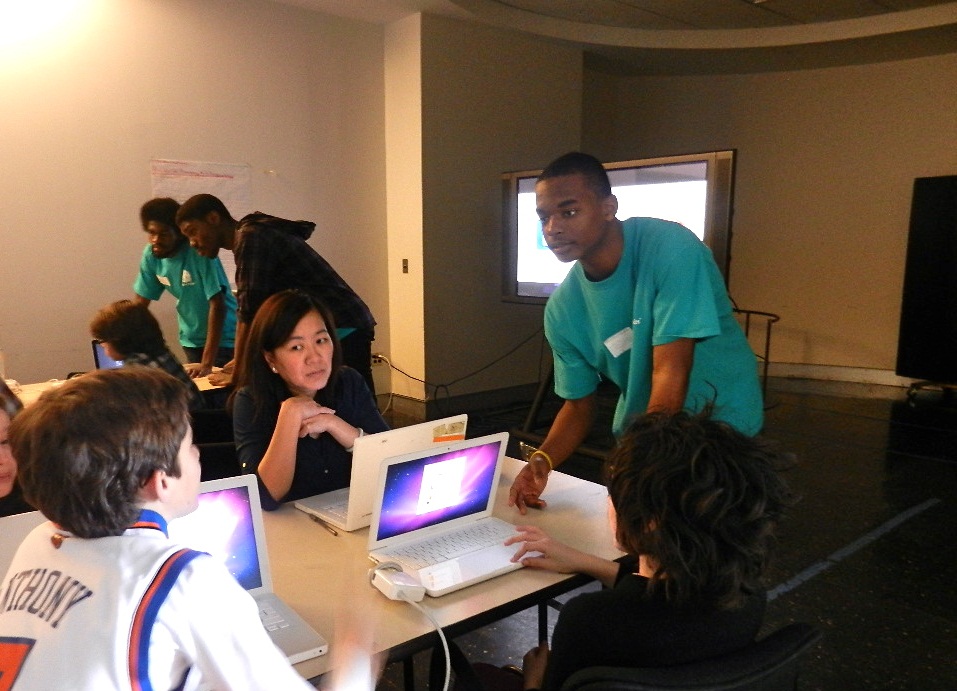This article originally appeared in Mass Digi’s State of Play blog on Boston.com on February 21, 2013.
 Albert Einstein once said that play is the highest form of research, yet many students seem to experience less play as they grow older. That’s true even as videogames are earning more respect as learning tools; and as some educators buck the trend and encourage students to learn through play.
Albert Einstein once said that play is the highest form of research, yet many students seem to experience less play as they grow older. That’s true even as videogames are earning more respect as learning tools; and as some educators buck the trend and encourage students to learn through play.
That said, there can be real obstacles to training teachers how to use games in the classroom, or proving the marketability of learning games to commercial companies. Teachers work with restricted class times, limited access to computers, and antiquated academic standards. And in the games industry, the rise and fall of learning games has made some companies wary of the enormous investment that new games require.
That’s what we do at the Learning Games Network: show teachers how to use already available games in the classroom, and collaborate on new learning games that can be used both in and out of classrooms.
As an industry, we have long been cursed by the fact that we never seem to belong. We hear that learning games are too educational; or learning games are not educational enough. Or perhaps most heartbreaking of them all: Learning games are not real games!
In truth, a well-designed learning game retains many of the same elements as a good commercial game. Good games tell good stories. Their art engages players, and their mechanics offer hours of play. Most of all, good learning games ask us to experiment, to take on new identities, and to learn from our failures. A big red ‘F’ discourages students, but a ‘Game Over’ screen reinvigorates them. If a game can properly marry play with a subject matter, the potential for learning becomes all the more powerful.
The rate of adoption of games on the part of teachers is a major hurdle to the widespread use of learning games. And for good reason; games can be giant beasts to manage, whether it’s Civilization, spanning millennia of ancient history, or Portal, exploring an immersive world of physics puzzles. Still, the right game can certainly teach ‘hard skills’ such as algebra, reading or writing. The right game can also teach strategic thinking, problem-solving, and interpretive analysis, soft skills sometimes overlooked in curricula. Perhaps most encouragingly, such games can be used both in and out of the classroom.
As a non-profit that spun out of the Massachusetts Institute of Technology’s Education Arcade and University of Wisconsin’s Games+Learning+Society group, LGN’s mission is to support the development of the learning games industry. In our experience, failed learning games often start with a game that may have once been fun, only to cram in learning elements. Imagine your elation at nearing the end of a space-shooter level, only to be met by an extraneous algebra problem.
Other games make the mistake of starting with a learning goal and adding gaming elements. Who wants to catch all the ‘fraction monsters’? The most successful development of a learning game starts with both learning and play. Play-testing with students and communicating with teachers at early stages, and throughout the iterative design process, is the only way to be sure that a game will have a chance of being successful, although both can be overlooked by the commercial gaming industry.
The development of a learning game may be different from a commercial game, but one goal is the same: to create a fun experience. The key lies in getting a well-balanced team of designers, learning and context experts, and producers around the table from the beginning to push and pull on the design in a way that builds powerful and fun game mechanics, all based around key understandings of how learners develop in a given content area.
If you build a fun game, and show the student how the underlying content of the game has application in the real world, they will want to learn more about the subject. We need to encourage play. The work will inevitably follow.
By Michael Suen, community producer, and Adam Mandeville, producer, Learning Games Network
+++
The State of Play, organized by MassDiGI, features posts by digital and video game industry insiders writing about creativity, innovation, research, and development in the Massachusetts digital entertainment and apps sectors.
MassDiGI, based at Becker College, is a statewide center for academic cooperation, entrepreneurship, and economic development across the local games ecosystem. Follow along @Mass_DiGI.



